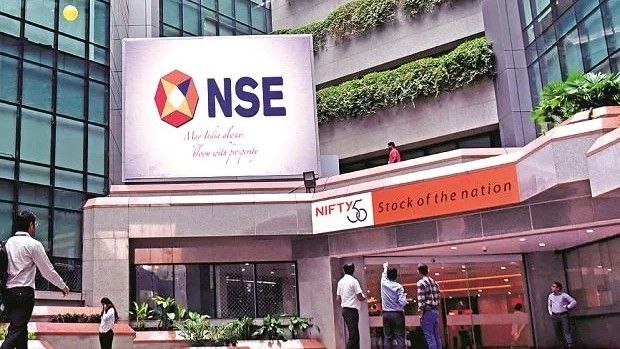
The financial landscape get constantly evolve shaped by either regulatory changes or market dynamics, so do the transaction charges on stock exchanges that comes up with it. In the latest development, the Indian headline indices Bombay Stock Exchange (BSE) and the National Stock Exchange (NSE) will implement revised transaction fees that are likely to reshape the derivatives trading environment, starting from October 1, 2024.
BSE Updates Its Charges
Recently, the BSE has announced a new transaction charge of Rs 3,250 per crore of premium turnover for Currency Future Contracts, as well as Sensex and Bankex Options.

For instance, the charge for Sensex 50 and stock options is set at Rs 500 per crore of premium turnover, and moreover, there is no fee for index and stock futures.
NSE Makes Its Move
In a similar note, the NSE has also rolled out its own updates to transaction fees across various segments.
In the cash market, traders will incur a fee of Rs 2.97 per lakh of traded value on each side. For equity futures, the charge is Rs 1.73 per lakh of traded value, while equity options will have a transaction fee of Rs 35.03 per lakh of premium value on both sides.
Currency futures will attract a charge of Rs 0.35 per lakh of traded value, while currency options and interest rate options will see a fee of Rs 31.10 per lakh of premium value.

These adjustments follow a circular issued by the market regulator Securities and Exchange Board of India (Sebi) on July 1, 2024, which mandates that Market Infrastructure Institutions (MIIs) should adopt a uniform fee structure.
Furthermore, the aim of this latest development is to eliminate the volume-based slab system and provide equal treatment for all trading members.
Upcoming Tax Changes
It is also important to note that the new transaction charges will coincide with a rise in the Securities Transaction Tax (STT) on derivatives trading, effective the same day.